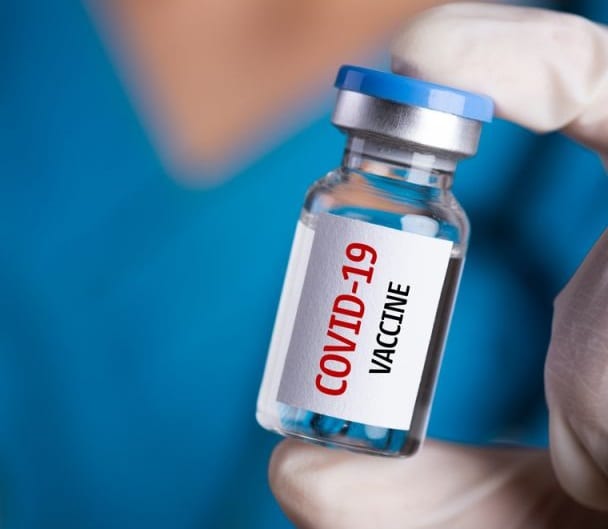There seems to be enough vaccine to go around for now, but at the rate they are being administered, how long will it take to get everyone vaccinated? How can Italy overcome its shortage of nurses to meet the demand to achieve vaccine goals?
In recent days, reassuring news has arrived for the national vaccination plan against COVID-19 in Italy in the form of news that the European Union is administering the most vaccines.
On Sunday alone, 74,000 people received the first injection of Pfizer-Bio NTech’s preparation. It is a comforting fact. From this week, Moderna’s vaccine takes off of which Italy will receive approximately 764,000 doses by the end of February that can be administered.
However, it is unfortunately not enough. Professor Davide Manca of the Pse Lab of the Politecnico di Milano, in fact calculates that if the rhythms remained these to vaccinate the entire population with the two doses of Pfizer it would take a minimum of three-and-a-half years for the fastest region (l’Emilia Romagna) to 9 years of Calabria, the slowest region (the penultimate in the ranking is Lombardy, which if it proceeded as it has done so far would take 7 years and 10 months to vaccinate all its citizens).
It is obvious that times will get shorter with single-dose vaccines. But when they are available and the general population is immunized, the number of daily vaccinations will have to rise considerably.
The Commissioner for the Health Emergency Department, Domenico Arcuri, estimates that in order to complete his vaccination plan for the first 9 months of the year, more than 12,000 people must be employed in the administration per month between April and June to then rise to over 20,000 a month between July and September.
In his letter to the Corriere of January 6, he explained that he had already “received 22,000 applications from doctors and nurses” with which to cover that need. But in the numbers (and sorry if we provide many, but it is the only way to really understand how things are) there is a catch, as Sanità reported in recent days.
As of January 7, in fact, 24,193 subscriptions to the call for recruitment for the personnel necessary for the vaccination plan had arrived. “Of these,” writes the information site on health policies, “19,196 are the applications already completed and 4,997 those in the compilation phase (whose profession is not yet known).
“Of the completed applications, 14,808 were submitted by doctors, 3,980 by nurses, and 408 by health assistants. The problem is, therefore, that there are about 12,000 more doctors’ applications (“only” three thousand were needed) but 3,980 nurses and 408 health assistants, or 7,612 less than those requested” as explained by Quotidiano Sanità.
“If the demand for nurses and health assistants does not grow, the budget allocated will not be sufficient as a doctor costs more than double the other two professionals” adds the site. In short: doctors cannot simply be moved to do the work of nurses because (if they accept), the funds allocated would not be enough to pay their salaries which are higher. In fact, the notice provides for a gross monthly salary of 6,538 euros for doctors and 3,077 euros gross for nurses.
In Italy, there have long been fewer nurses than are needed also because they are paid relatively little for the very heavy work they have to do. “Everyone knows that the shortage of nurses is cyclical: we tackled it in 2000 by importing 30,000 operators from abroad. It was bound to happen again.
“Our country can count on just 557 nurses per 100,000 inhabitants, compared to 1,024 in France and 1,084 in Germany,” Andrea Bottega, National Secretary of the NurSind nursing professions union, told the press. It is one of the many shortcomings of our health system (or rather of our health systems, because they have turned out to be very different in different regions) that emerged with the pandemic, which we will have to address as soon as possible.
In the meantime, however, the problem of recruiting nurses for vaccines needs to be resolved promptly. It is essential to avoid slowdowns that could block the country’s health and, therefore, also economic recovery.




